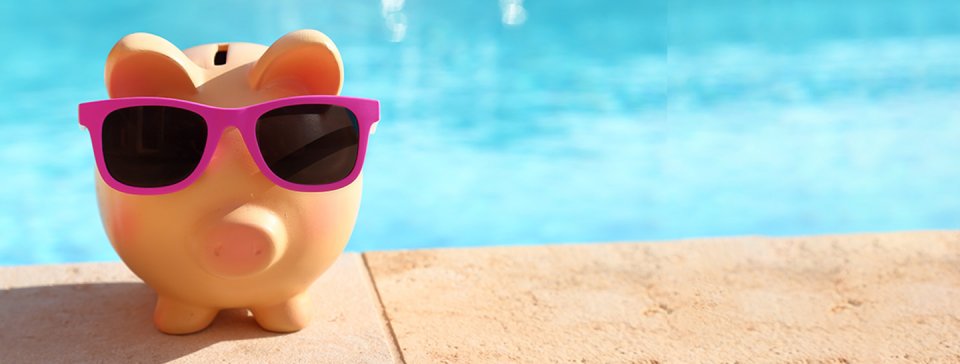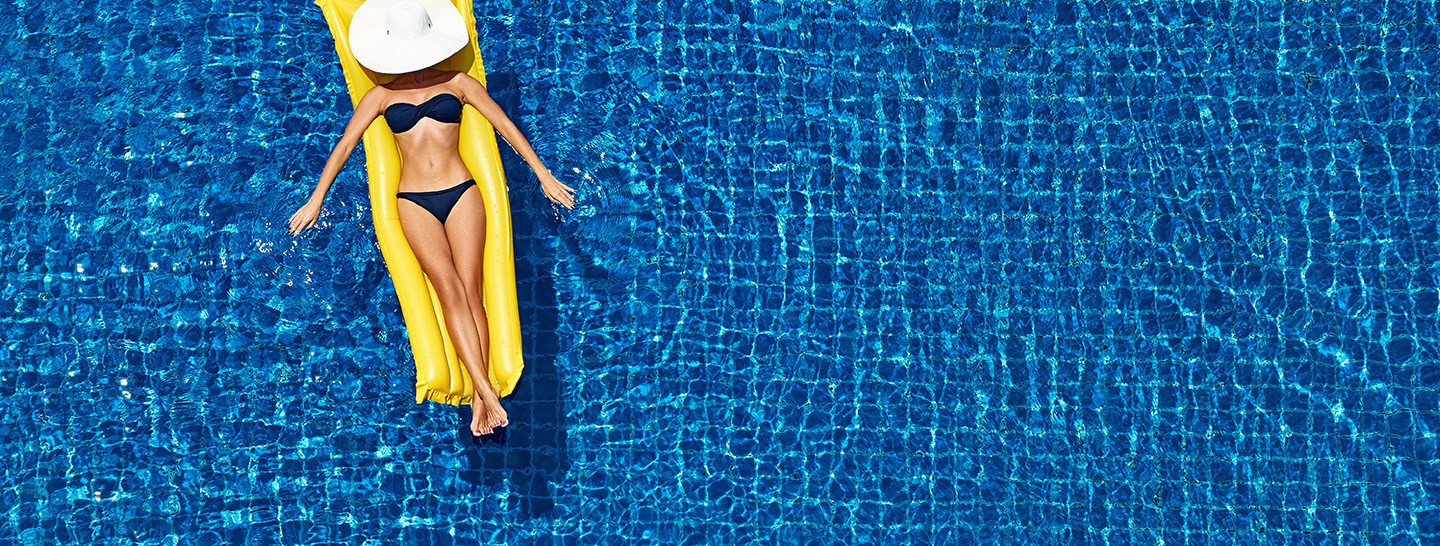
We all know how much enjoyment we get from our pool and spa. But all the family bonding, the poolside entertaining, the exercise and just the sheer fun of having a pool does come at a cost. And that has a lot to do with the energy-efficiency of your pool.
So, here are six of the best, most practical, simple and smart ways to reduce your pool’s power requirements and prevent money unnecessarily going down the gurgler.
1. Install a solar system
Solar pool heaters and covers, also known as solar blankets, can reduce the cost of heating a pool by around 50% – so the initial financial outlay should be soon covered by the savings.
2. Prevent water evaporation
During summer, your pool may lose as much as 25mm of water per day, through evaporation. Additionally, 80% of your pool’s heat can also be lost through evaporation. This comes with dual costs – the cost of the water to top up your pool and the expense of heating it. Using an automatic pool cover (yes, especially in summer) will help – as will windbreaks around your pool (a mere 10km/h wind blowing across the pool’s surface can cause dramatic evaporation).
3. LED pool lights
Most of us have swapped the globes around our home to energy-efficient LEDs, but what about around the pool? Modern lighting can draw around 80% less power than conventional lighting.
4. Your filtration system
The more debris in your pool, the harder your pump and filter will have to work and therefore, will use more energy. So regular cleaning of your pool and filter will help everything work more efficiently.

5. Move to the dark side
A pool’s finish can also help save energy. So, if you’re about to build or install a pool, darker coloured pools absorb the sun’s warmth more than lighter coloured pools. If you’re keen on saving energy, money and the environment, they’re worth considering. And with plenty of LED lighting installed, they look especially magnificent at night.
6. Saving the buck stops with you
It might seem obvious, but if you only use your pool on weekends, reduce your thermostat settings for weekdays – perhaps by 8–10˚. Similarly, if you’re away on holidays, you don’t want to heat the pool back home if no one’s using it.
And while most of us really only think of using the pool cover in winter, to stop debris falling in the pool, it’s a good idea to use it in summer, especially if the pool isn’t going to be used for an extended period. Note Point 2 above, about ‘evaporation’.
At the end of the day
It’s about saving energy, saving money and saving the environment. With nearly 1.5 million of us lucky enough to own a pool or spa, and around 100,000 more being installed every year, reducing the amount of energy our pools use is good for everyone.
